Seanad Éireann – the Irish parliament’s second chamber – has often been home to a diversity of colourful and interesting personalities who, it could be argued, might never have been elected to the Dáil in a general election. In fact, many of the most effective and sometimes controversial figures in Irish politics were never elected to Leinster House at all – many senators are appointed at the discretion of the Taoiseach of the day without the inconvenience of an election. Until the late 1930s all senators were appointed by the Executive Council (cabinet) of the day. From its inception, the Seanad was designed to partly address the need for a unionist and Protestant voice in Leinster House and to ensure a wide diversity of views were brought to national political debate. One of the most interesting and colourful characters to grace the so-called Upper House was Beaufort’s Ross Kinlough (or Kinloch) Mc Gillycuddy, better known as The Mc Gillycuddy or the The McGillycuddy of the Reeks.
The name derived from one of the old ancient and hereditary titles among the chieftains of Ireland and throughout Ross’ Seanad career of thirteen years, he was always referred to formally and informally as ‘The McGillycuddy.’ The Daily Telegraph records that:
The McGillycuddys were a cadet branch of the O’Sullivans, once the most powerful family in the wild mountainous country in the south-west corner of Ireland. Like other Gaelic families, they fought the invading Normans and English over many centuries. But unlike most Gaelic chieftains, the princely McGillycuddy eschewed exile, and stood his ground as the Gaelic order was finally crushed in the 17th century. Craftily, he sent sons to fight on both sides at the Battle of the Boyne in 1690. A few years later he swore allegiance to the victorious William of Orange and conformed to the Established Church.
Another report claimed the family could trace their lineage to the Kings of Munster and Milesius as well as Robert the Bruce and Alfred the Great. The Reeks was the name of the large estate at Churchtown near Beaufort – once part of a 15,000 acre holding – which came into the family’s ownership in the nineteenth century and which Senator The McGillycuddy inherited from his father in the early 1920s.
Born on 26 October 1882, the son of Denis Charles McGillycuddy and Gertrude Laura Miller, he was educated in Edinburgh and the Royal Artillery College in Woolwich before serving with the armed forces in India between 1903 and 1905 and was decorated several times for his military service. He fought in France during World War I, fighting alongside Lawrence of Arabia, and for which he won the Legion d’Honneur. His family records that at his home in Beaufort, he installed upstairs and downstairs lavatory bowls that tilt backwards in the manner to which he became accustomed to squatting in the desert. Among those who advocated that Irishmen join the First World War effort, The McGillycuddy along with Thomas O’Donnell, MP for West Kerry, called in 1914 for all able-bodied men to ‘join the British Army and any man who was unfit or too old for active service should volunteer for Home Defence.’
The McGillycuddy inherited The Reeks home and estate at Churchtown from his father in 1921 at the beginning of the War of Independence. Over 15,000 acres of The Reeks estate were handed over to tenants following the passage of the 1923 Irish Land Act. He pursued his interest in political affairs by serving on Kerry County Council from 1926 in the Killorglin Electoral Area as an Independent. He was first nominated to the Free State Senate on 1 March 1928 to fill the vacancy caused by the death of the Earl of Mayo. He was proposed for the seat by another Kerry senator, the Marquess of Lansdowne, and was a supporter of WT Cosgrave’s Cumann na nGaedhael government. In his proposition papers on the official Senate record, the McGillycuddy’s qualifications for the seat were set out as:
‘Chairman Agricultural Committee, Kerry County Council: member of Consultative Council under Live Stock Breeding Act, 1925: past President of the Kerry Cattle Society: Area Counsellor British Legion, Kerry area: actively interested in Local Government reforms: lives continuously in Ireland and concerns himself with all movements, local and otherwise, for social betterment: farms a considerable area on most modern lines and breeds pedigree cattle.’
A very frequent contributor to debates in the Seanad, he was known for a colourful turn of phrase as one contribution from 1942 on the subject of censorship shows:
‘I think that censorship is definitely necessary. Those who do not think so have only to look to Buenos Aires in one direction and Port Said in another where there is no censorship. The result in both places is that practically everybody is inoculated with depravity through their bodies. I feel that we do not want that, so that censorship must definitely continue. But no censorship will turn what I call a Dirty Dick into a clean one. He will find something obscene and depraving in almost every sentence that he reads, but those Dirty Dicks are few and far between. I believe that of the many books that I have read, coarse and vulgar as they were, the average young man and young woman would pass that sort of writing by.’
In March 1930, The McGillycuddy instructed his solicitor to write to the BBC to seek an apology for the broadcast of a programme to which he took offence. A well-known radio comedian, Leonard Henry was performing on air and remarked that he had come across a mountain range called the McGillycuddy Reeks. He went on, ‘for this song, I have engaged the services of Mr McGillycuddy, the owner of the famous Irish Reeks, and the more famous Scottish Breeks, who brings his bagpipes, or strange amalgam of mystery into the studio tonight. Then the bagpipes made somewhat weird noises, exploded and were subsequently, as listeners were told, mended with a puncture outfit.’
At his home in Beaufort, The McGillycuddy happened to be listening in to the programme and wrote to the broadcaster to demand an apology. Whether it was due to some slight to himself or an offence against humour itself, he did not initially succeed for the BBC replied that ‘he is taking an unproportionate view of the incident.’ The McGillycuddy then instructed his solicitor to repeat the demand and this time the station did tender the requested apology: ‘The BBC and Mr Leonard Henry deeply regret the name of The McGillycuddy was mentioned on the occasion referred to and that any representations that were then made in regard to him which may have given offence. They take this opportunity to express their sincere apology for any annoyance caused to him and undertake not knowingly to allow any repetition of the subject matter of complaint.’ It is believed that this was the first occasion that the BBC had ever issued an apology. In later years, The McGillycuddy sought to re-enter military service with the British army during World War II but his offer was declined on grounds of age.
As a colonel however, he was given responsibility for a transport training depot in County Down and combined his military and political careers. He was a very frequent letter-writer to the local newspapers and shared his opinions on a wide range of topics. He died in May 1950. His obituary in The Kerryman records that his funeral cortege had to take a circuitous route from his home to Churchtown cemetery because the nearby bridge over the Gaddagh River had recently collapsed following flooding. His grandson, Richard, who died in 1959 as a result of wounds sustained during the World War II, and who was married to Lord Astor’s daughter, Virginia, was the last of the family to live at the Reeks which was sold in 1985.
An extract from ‘A Century of Politics in the Kingdom – A County Kerry Compendium’ by Owen O’Shea and Gordon Revington: A Century of Politics in the Kingdom: A County Kerry Compendium | Irish Academic Press

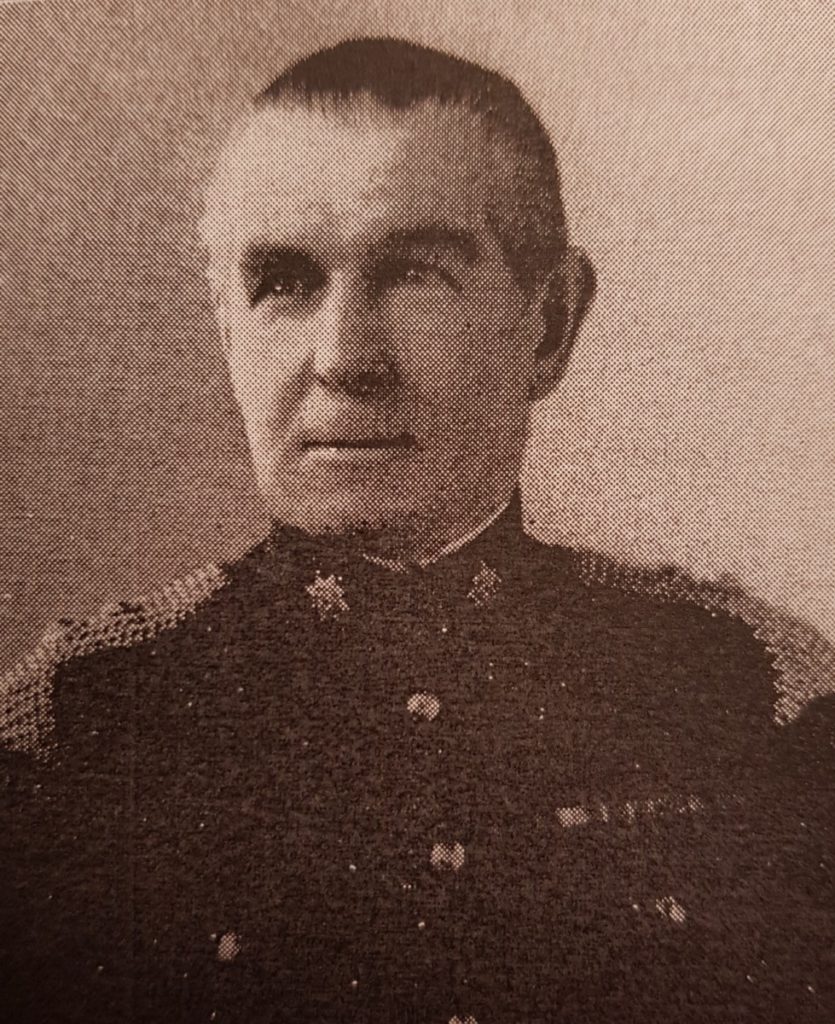


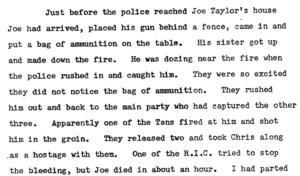
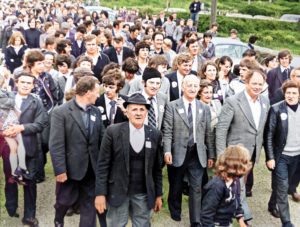
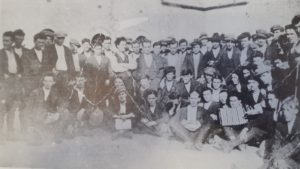
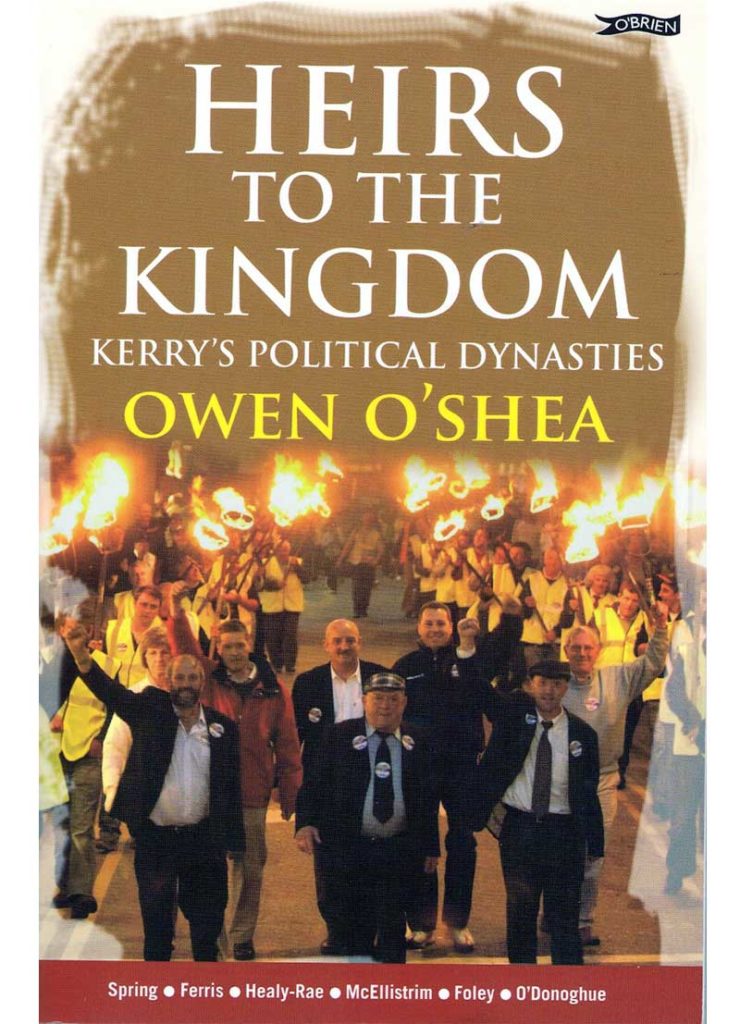
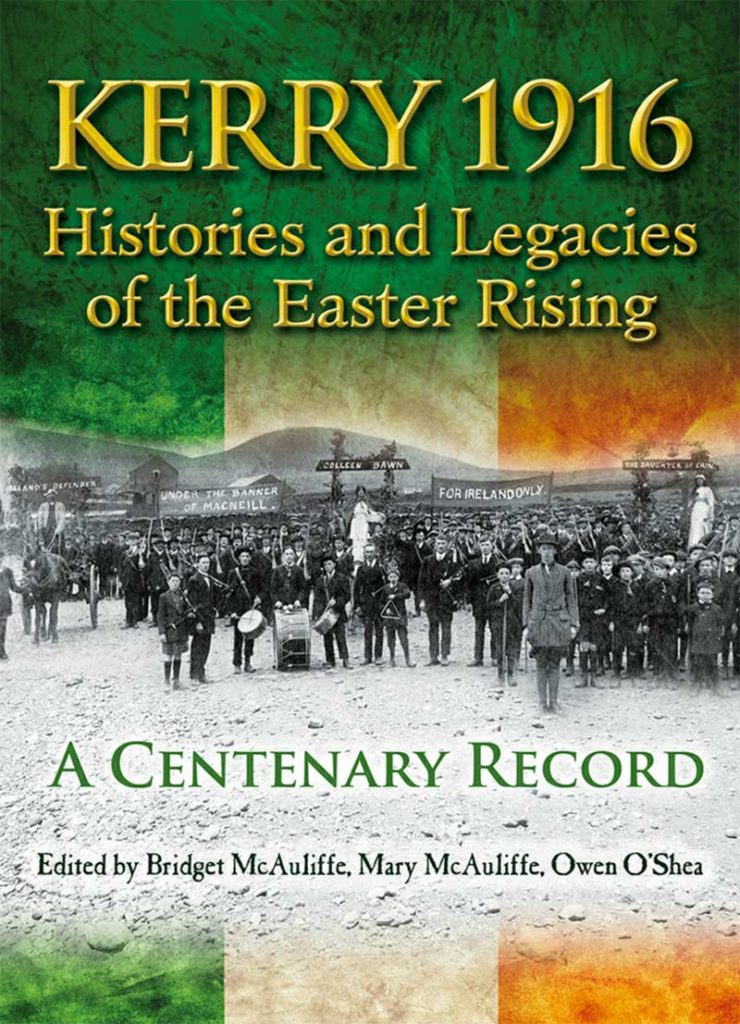
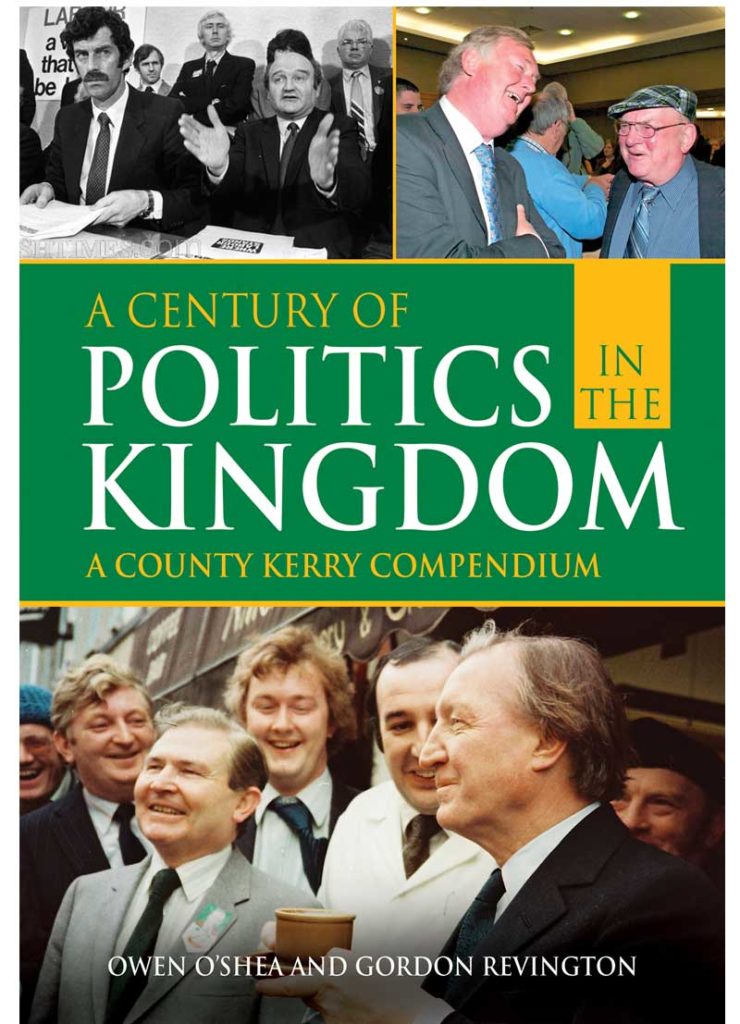
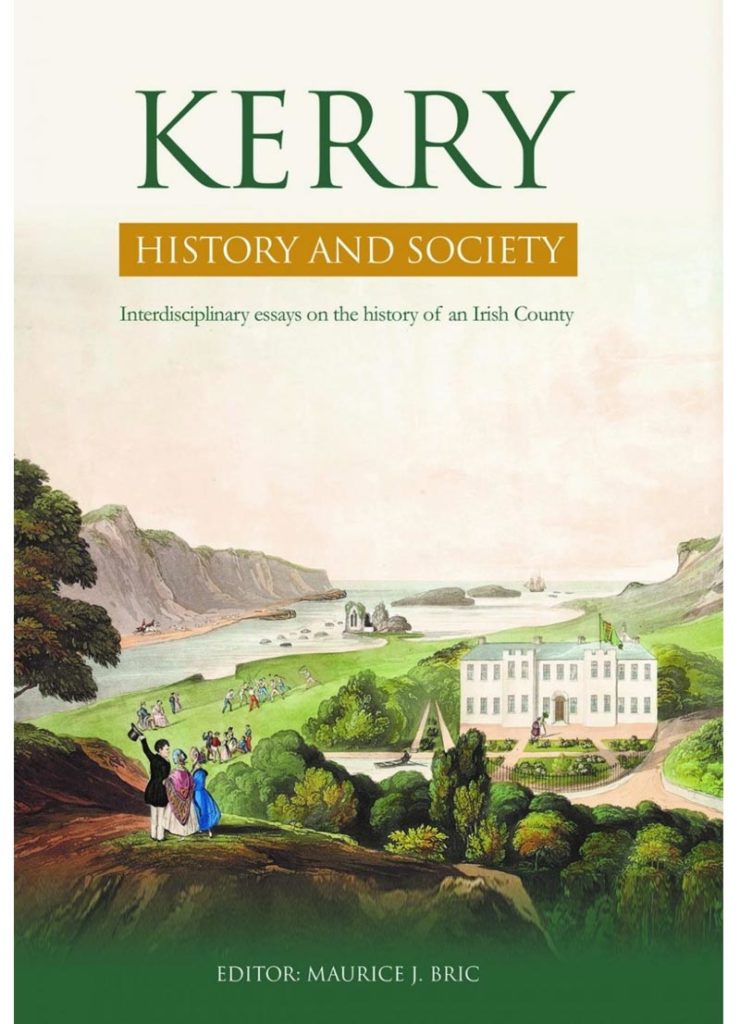
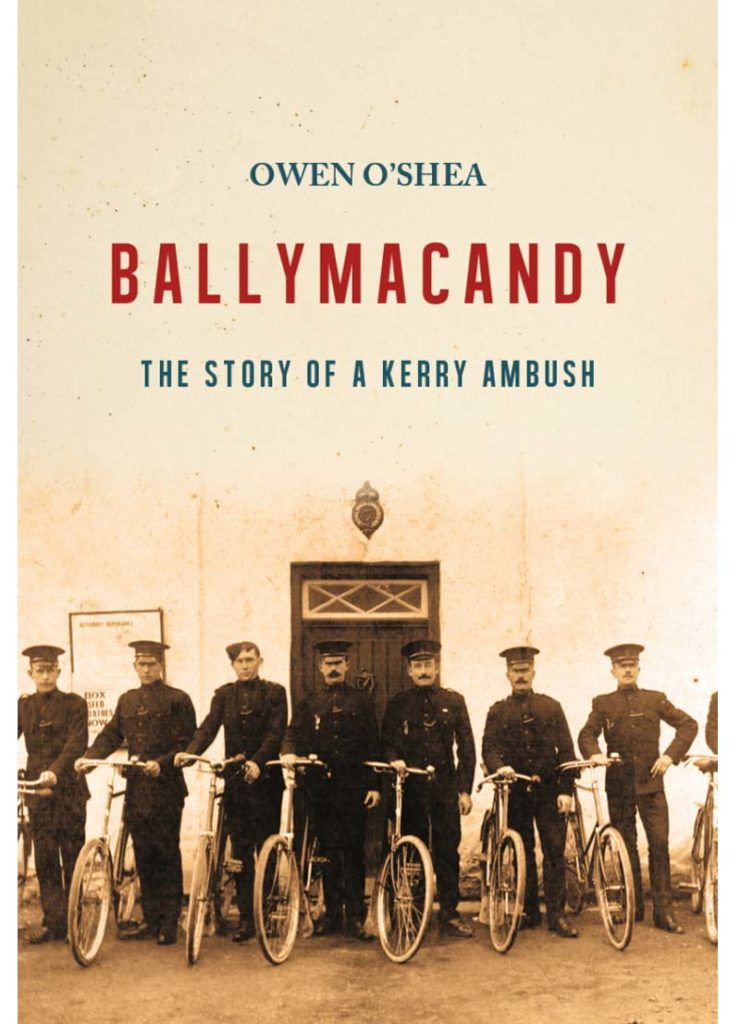
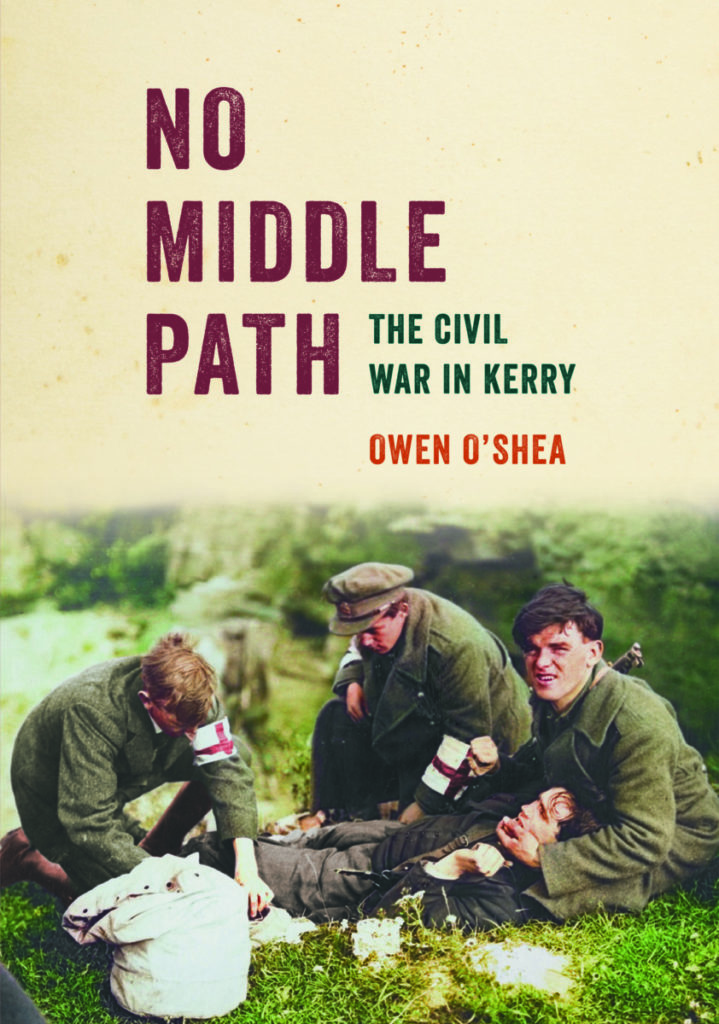
Bertrand Russell used to tell a story about a McGillyCuddy of the Reeks who fell in love with a woman he saw on a train. Russell heard it from an old friend at Trinity College, Cambridge , who lived in Kerry. Russell had travelled to Kerry for a walking holiday. Will send details separately.